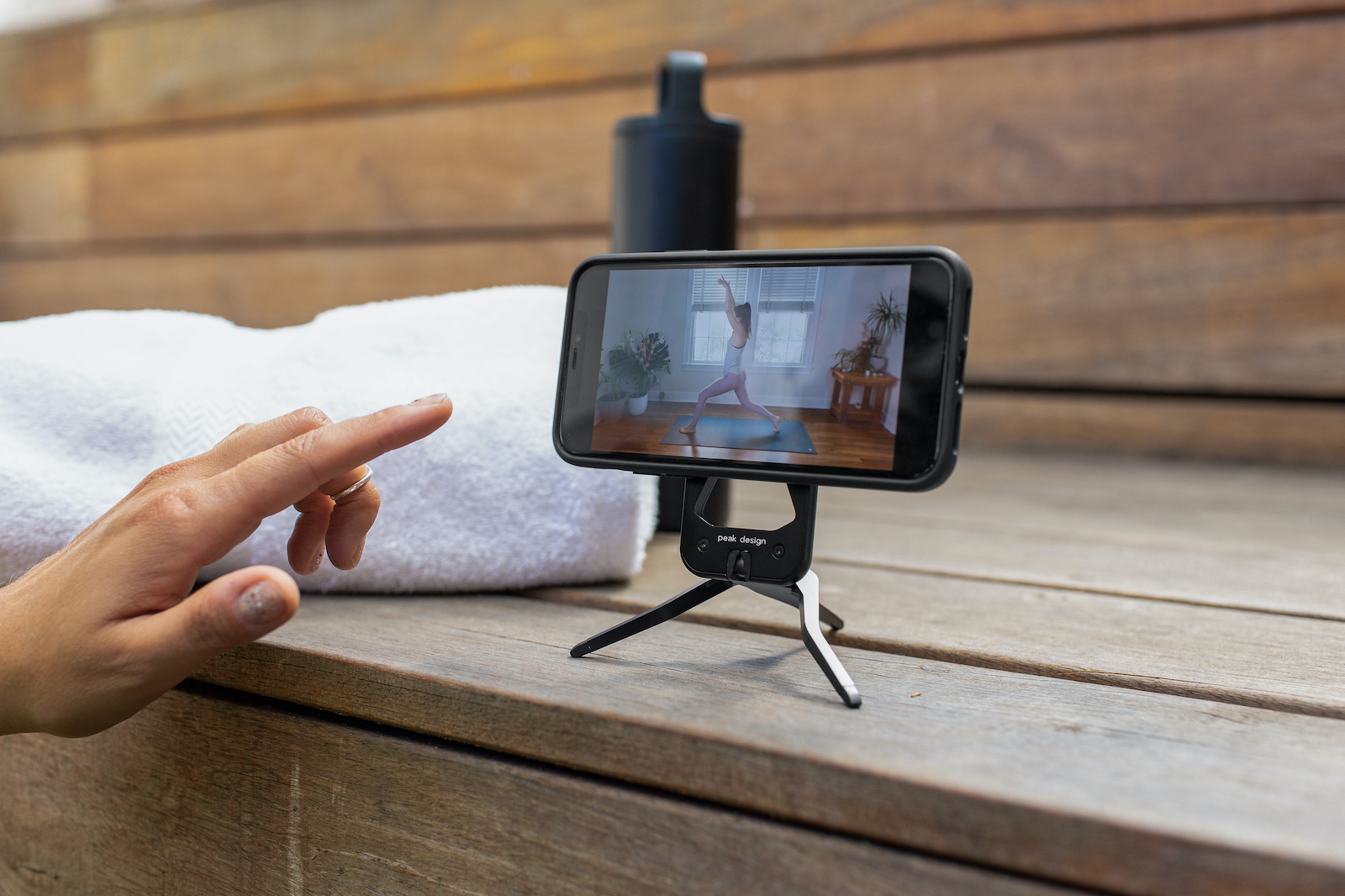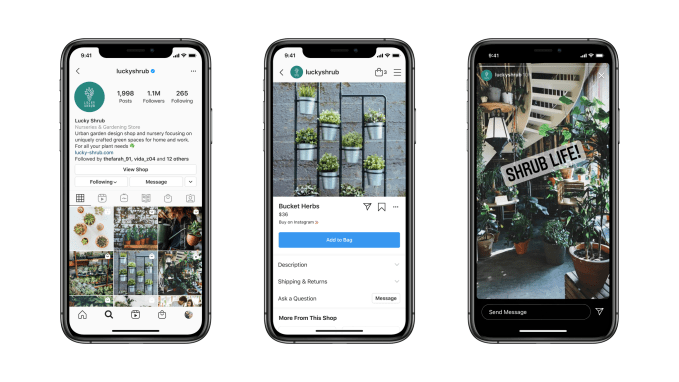News: Mobile by Peak Design is a new, complete mobile mounting solution for everyday convenience
After a steady stream of successful product launches and Kickstarter campaigns, Peak Design is back with a new one – Mobile by Peak Design. The startup that created a rich ecosystem of photography and packing gear is tackling mobile devices next, and has devices a clever interconnect system that seems to have anticipated Apple’s new
After a steady stream of successful product launches and Kickstarter campaigns, Peak Design is back with a new one – Mobile by Peak Design. The startup that created a rich ecosystem of photography and packing gear is tackling mobile devices next, and has devices a clever interconnect system that seems to have anticipated Apple’s new MagSafe magnetic phone accessory scheme – but that’s designed for all smartphones and mobile devices.
Similar to Peak Design’s Capture, Anchor and mounting plate system, Mobile by Peak Design offers a way to connect smartphones to all kinds of accessories, including tripods, car mounts, charging stands, bike handlebars and much more. The system is entered around what Peak calls its “SlimLink” connector, which is a clever combo magnetic and physical mounting receiver that you can attach to your phone either with dedicated cases, or a universal sticky-backed accessory. SlimLink then works with both soft-lock and hard-lock accessories, which use either magnets alone (soft) or magnets combined with physical catchments (hard) for varying degrees of stable connection with a line of mounts.
Peak Design is launching on Kickstarter with a crowdfunding campaign, but the product is already designed and produced to a high level of quality. It sent out media samples of a range of products in the Mobile lineup, including a SlimLink universal phone mount, a handlebar mount, the folding tripod, two magnetic/stick-backed universal mounting pads, and an in-car dashboard mount.
 I’ve been using these for the past couple of weeks and have found them to be incredibly versatile and convenient. Peak also supplied an iPhone 11 Pro case, but since I’m using an iPhone 11 Pro Max, I just affixed the 3M-backed universal plate directly to my phone using the included sizing and alignment guide. The attachment is incredibly secure, and doesn’t add very much thickness to your phone at all (it basically provides just enough clearance that the iPhone 11 Pro’s camera bump barely clears table surfaces).
I’ve been using these for the past couple of weeks and have found them to be incredibly versatile and convenient. Peak also supplied an iPhone 11 Pro case, but since I’m using an iPhone 11 Pro Max, I just affixed the 3M-backed universal plate directly to my phone using the included sizing and alignment guide. The attachment is incredibly secure, and doesn’t add very much thickness to your phone at all (it basically provides just enough clearance that the iPhone 11 Pro’s camera bump barely clears table surfaces).
The magnetic connection between it and the ‘soft-lock’ mounts is strong enough that I’m never worried about them coming loose – I’ve used the general purpose magnetic mounts on my fridge often, and the phone hasn’t moved. The bike mount, with its additional physical prongs, is rock solid while actually biking around, and the arm on the mount puts the phone is a great position for acting as a navigation device while biking around, in both portrait and landscape orientations.
 Peak has really outdone itself with the design of this system, but that is maybe most true when it comes to the tripod. The clever, three-legged folding design is tiny – smaller overall footprint than a credit card, though a bit thicker – and it’s amazing to be able to carry this everywhere in a pocket and have a stable platform for taking time-lapse photos. You can adjust its stability using the included Allen key, too.
Peak has really outdone itself with the design of this system, but that is maybe most true when it comes to the tripod. The clever, three-legged folding design is tiny – smaller overall footprint than a credit card, though a bit thicker – and it’s amazing to be able to carry this everywhere in a pocket and have a stable platform for taking time-lapse photos. You can adjust its stability using the included Allen key, too.
The car mount has an adhesive backing for sticking to your dashboard, and fits in the recessed SlimLink slot on the phone mount/case without physically catching. It’s stable and secure in testing, and best of all, Peak has made the adjustable ball that lets you orient your phone just the right amount of stiff that you can move it but it doesn’t require any additional tightening. My one complaint thus far with the universal mount has been that it isn’t compatible with my Nomad Base Station Pro charger, though Peak says it’s testing the accessory with wireless chargers and will advise as to compatibility in future. The Peak Everyday phone case, meanwhile, is compatible with many Qi chargers.
Peak says these designs are subject to change, and of course, MagSafe was a surprise to the company just as it was to the rest of the world. Peak still plans to create iPhone 12 cases for the range, and says that all of its soft-locking accessories will also work with both Apple MagSafe phones, as well as MagSafe cases. Apple MagSafe accessories, like the wallet, will also likewise attach to MagSafe phones.
This could’ve been one of those moments where Apple announces something that renders a competing product obsolete before it even gets to market, but Peak’s Mobile system design actually makes them complimentary – and provides very similar benefits to phones and devices that otherwise would’ve have been able to take advantage of what MagSafe offers.
The Kickstarter campaign launches today, and Peak believes it will be able to ship the Mobile system cases and accessories starting in Spring 2021.



